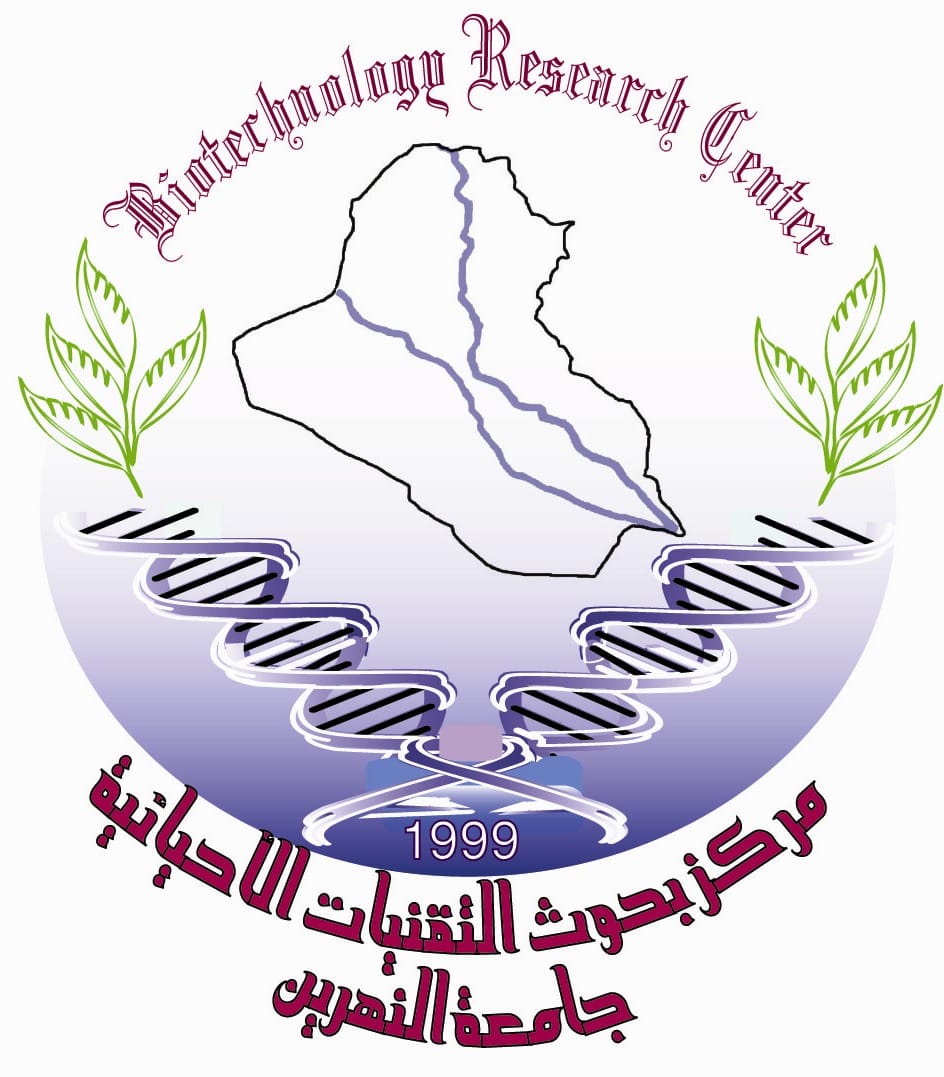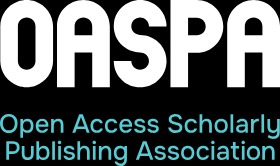Antimicrobial Activity of Gardenia jasminoides Callus and Crude Leaf Extracts for some Organic Solvents against some Pathogenic Bacteria and Yeasts
DOI:
https://doi.org/10.24126/jobrc.2014.8.3.355Keywords:
Antimicrobial Activity, Gardenia, Pathogenic Bacteria and YeastsAbstract
The study was conducted to evaluate the inhibitory activity of methanol extract of Gardenia jasminoides leaves compared with leaf crude extracts for some organic solvents namely Methanol, Ethanol, Petroleum ether, Asetone and Chloroform on growth of some pathogenic bacteria and yeast, which included four gram positive isolates Staphylococcus aureus, Enterococcus faecalis, Streptococcus pyogenes and Bacillus cereus and gram negative isolates Escherichia coli, Salmonella typhi, Proteus vulgaris and Pseudomonas aeruginosa and some yeasts Candida albicans and Saccharomyces boulardii, by using well diffusion method. The inhibitory activity of extracts in the tested bacterial strains and yeasts was varied according to the type of extracting solvents and are tested microorganisms. The methanol callus extract which grown on Murashige and Skoog (MS) media by using (Naphthalen acitic acid) NAA and (Benzyle adenine) BA as growth regulator highly effective as compared to the other extracts as for inhibition of three gram positive bacteria and three gram negative bacteria,which include Staphylococcus aureus and, Proteus vulgaris, followed by acetone and ethanolic extracts which include two gram positive bacteria and two gram negative bacteria. All extracts had highly effect in growth of Candida albicans while all crude extracts didn’t show any sensitivity against Saccharomyces boulardii, and when we’d done (High Performance Liquid Chromatography) HPLC test for detection of some active compound we found Quinic acid, Iridiods glycosides and Crocin which its rate in fresh callus was higher than fresh leaves.
Downloads
Published
How to Cite
Issue
Section
License
This is an Open Access article distributed under the terms of the creative commons Attribution (CC BY) 4.0 license which permits unrestricted use, distribution, and reproduction in any medium or format, and to alter, transform, or build upon the material, including for commercial use, providing the original author is credited.











